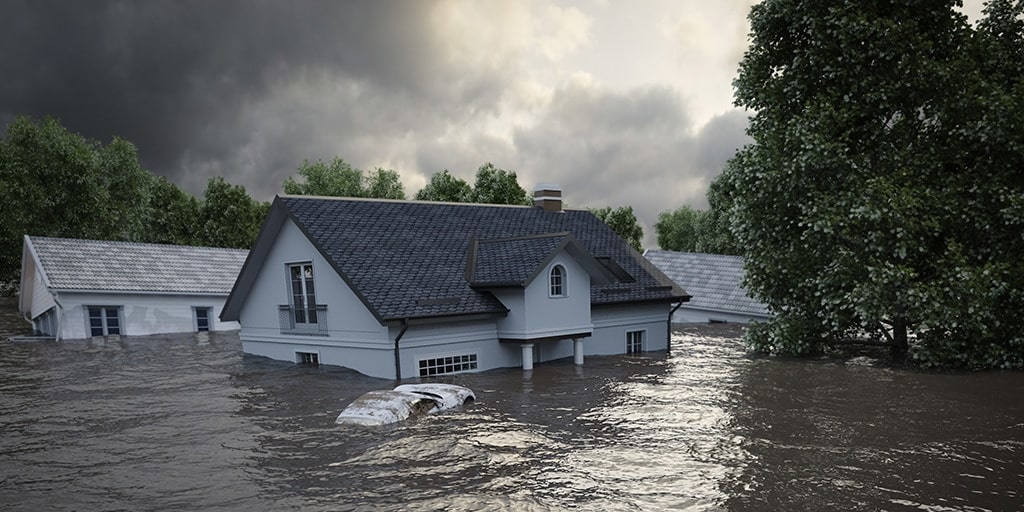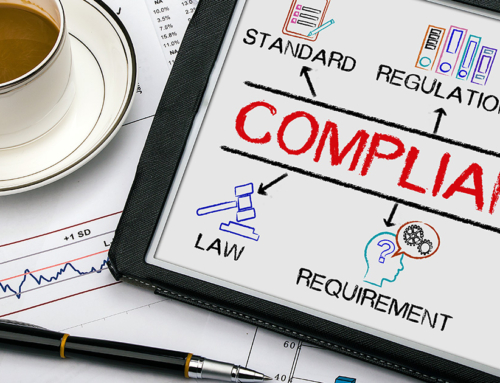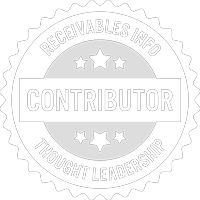According to the Fourth National Climate Assessment (Volume 2), hurricanes have increased in intensity and frequency over the last few decades, as have winter storms. Extreme weather such as regional floods and droughts are predicted to become more extreme with the continued patterns in regional climate changes. When disaster strikes, are you among those who are financially prepared to deal with the possibility of significant damage, the loss of primary residence, or worse – the sudden absence of income? The unfortunate reality is that many Americans are unprepared for the devastation and long-term effects that a major financial emergency can bring.
National Impact of Extreme Weather
The National Bureau of Economic Research compiled nationwide data from more than 5,000 natural disasters in the United States during a 90 year span (beginning in 1919). This data was used to determine how declared disasters affected the population in each region. The data indicated that a typical county experienced approximately 1.97 declared disasters in a decade, three out of ten counties experienced a severe disaster, and one out of ten counties experienced a super-disaster.
This long-term data analysis reinforces that no region of the United States is immune from the persistent threat of weather-related disasters. In the last year alone, the US has suffered under the tremendous damage and loss associated with flooding, drought, wildfires, hurricanes, tornadoes, snow storms, volcanic eruptions, and more. Mother Nature does not discriminate with regards to when, where, and who is affected.
Debt and Disaster
74 million Americans have more credit card debt than money in emergency savings. This means that many consumers are simply not prepared for the initial loss and significant personal cost that a weather-related disaster brings. Even with relevant insurance coverage, expenses such as deductibles, limits, temporary housing, and even the cost of time away from work can upend stable finances. Many consumers are not aware of options in the aftermath of a natural disaster. Consumers in FEMA-designated disaster areas are recommended to contact creditors immediately after an event to explore options that may help alleviate immediate financial burdens. Loan modifications, modified payment schedules, delayed payments, assistance with payments, or even forbearance can help you avoid delinquency, collections, and possibly a ruined credit score.
How Can You Prepare
Headquartered in Miami, FL, National Debt Holdings understands the intricacies of weather-related natural disasters and how they can uproot lives and cripple finances. Preparedness begins long before severe weather is forecast. Just as you would stock up early on emergency essentials like food, water, and batteries, so should you prepare yourself financially. Examining your financial readiness and planning appropriately can help you maximize your financial resilience.
About National Debt Holdings
National Debt Holdings is a receivables management firm assisting creditors with improving cash flow performance from account portfolios. Headquartered in Miami, Florida, our team understands the precise balance needed to successfully recover accounts receivable while protecting the brands and reputations of our creditor partners. We strive to provide meaningful personal relationships and develop customized financial solutions that create success for everyone.










